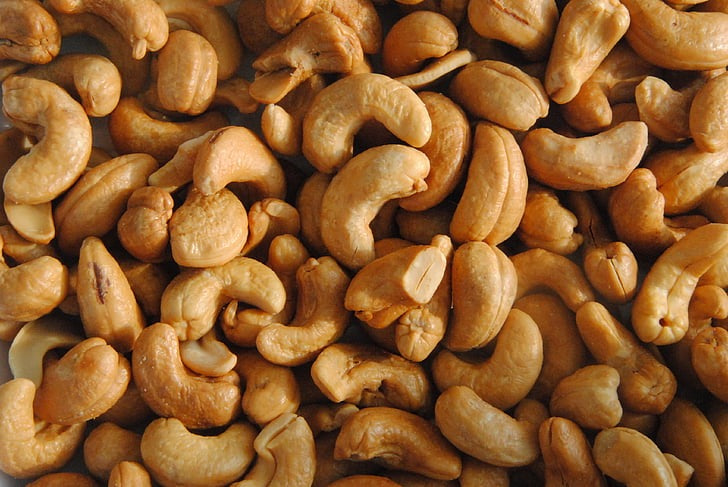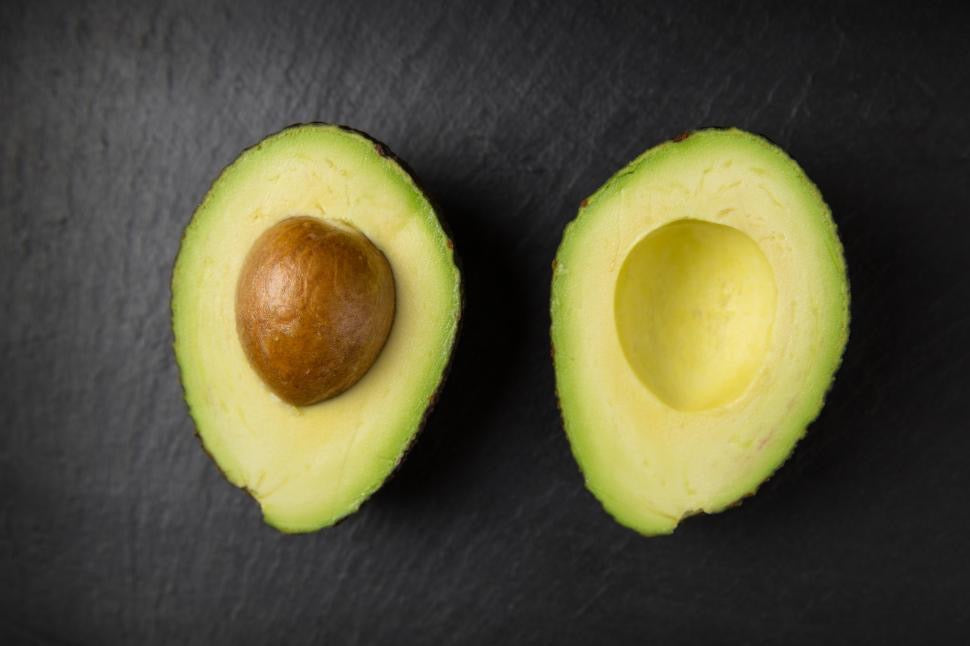A cashew nut allergy is when you experience symptoms after eating cashew nuts or food containing cashew nuts. Symptoms can be unpleasant, ranging from itchy skin to stomach pain. Serious allergies can cause breathing difficulties or anaphylaxis, but thankfully this is rare. In this post, we’re going to explore the signs and symptoms of cashew nut allergies, how common they are, and what food to avoid if you suspect you suffer from one.
Can you actually be allergic to cashew nuts? Yes, you can be allergic to cashew nuts. This allergy occurs when the immune system mistakenly identifies proteins in cashew nuts as harmful substances, triggering an allergic reaction.
How common is this allergy? Cashew nut allergies are relatively common, especially among those with tree nut allergies. They can cause severe allergic reactions and are more likely to persist into adulthood compared to other food allergies.
Cashew Nut Intolerance & Allergy | Signs & Symptoms
Signs & Symptoms of a Cashew Nut Intolerance or Allergy
What are the symptoms of a cashew nut allergy?
A cashew nut allergy can manifest in various ways, ranging from mild to severe. Here are some common symptoms:
| Symptom Type | Examples |
|---|---|
| Skin reactions | Itching, hives, eczema |
| Gastrointestinal | Nausea, vomiting, stomach cramps |
| Respiratory | Sneezing, coughing, shortness of breath |
| Anaphylaxis | Severe breathing difficulties, swelling |
What are the symptoms of a cashew nut intolerance?
Cashew nut intolerance differs from an allergy in that it does not involve the immune system. Symptoms are generally less severe and can include:
| Symptom Type | Examples |
|---|---|
| Gastrointestinal | Bloating, gas, diarrhea |
| Headaches | Migraines, general headaches |
What is food intolerance?
Food intolerance occurs when your digestive system has difficulty processing certain foods. Unlike allergies, intolerances do not involve the immune system and are generally less severe.
How common is a cashew nut intolerance?
Cashew nut intolerance is less common than cashew nut allergies. Many people may experience digestive discomfort after eating cashew nuts without having a full-blown allergic reaction.
How do you test for a cashew nut allergy or intolerance?
What should you do if you think you have a cashew nut allergy or intolerance?
If you suspect you have a cashew nut allergy or intolerance, it’s important to consult with a healthcare professional. They may recommend the following tests:
- Skin prick test: A small amount of cashew protein is placed on your skin, which is then pricked to introduce the protein to your immune system.
- Blood test: Measures the amount of specific antibodies produced in response to cashew proteins.
- Elimination diet: Involves removing cashew nuts from your diet for a period of time and then gradually reintroducing them to observe any reactions.
What foods should you avoid if you have a cashew nut allergy or intolerance?
If you have a cashew nut allergy or intolerance, it’s crucial to avoid foods that contain cashew nuts. This includes:
- Whole cashew nuts
- Cashew butter
- Cashew milk
- Mixed nuts
- Foods that contain cashew nuts as an ingredient (e.g., certain desserts, sauces)
10 Alternatives to Cashew Nuts
If you need to avoid cashew nuts, there are plenty of delicious and nutritious alternatives:
- Almonds: Great for snacking and cooking.
- Sunflower seeds: A crunchy and nutritious option.
- Pumpkin seeds: Rich in nutrients and versatile in recipes.
- Walnuts: Offer a different texture and flavor.
- Pecans: Can be used in both sweet and savory dishes.
- Macadamia nuts: A creamy and rich alternative.
- Hazelnuts: Ideal for baking and snacking.
- Brazil nuts: Packed with selenium and healthy fats.
- Pine nuts: Excellent in salads and pesto.
- Chia seeds: Perfect for adding a nutritional boost to various dishes.
How to test if you have a cashew nut allergy or intolerance
If you believe you may have a cashew nut allergy or intolerance, trying one of Check My Body Health’s sensitivity tests can provide clarity and help you manage your symptoms effectively.
FAQ
1. Can cashew nut allergies cause anaphylaxis? Yes, cashew nut allergies can cause anaphylaxis, a severe and potentially life-threatening allergic reaction.
2. Are cashew nut allergies related to other tree nut allergies? Yes, individuals with tree nut allergies often react to multiple types of nuts, including cashews.
3. Can cooking cashew nuts reduce allergic reactions? Cooking cashew nuts does not typically reduce the risk of allergic reactions for those with a cashew nut allergy.
4. Is it possible to outgrow a cashew nut allergy? While some children may outgrow certain food allergies, it is less common for people to outgrow cashew nut allergies.
5. Can cashew nut oil cause allergic reactions? Yes, cashew nut oil can cause allergic reactions in individuals sensitive to cashew nuts as it contains similar proteins.






